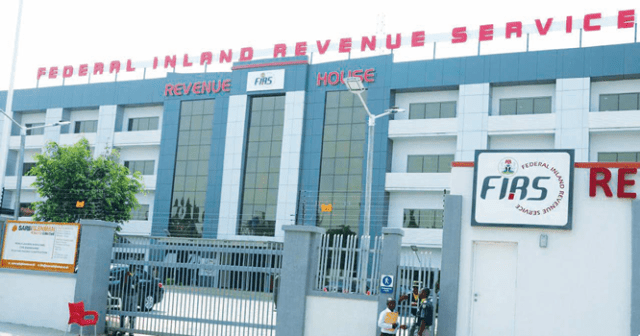The Federal Inland Revenue Service (FIRS), has called for synergy between Nigeria and Niger Republic tax authorities to improve the revenue mobilisation for both countries.
Executive Chairman of FIRS, Muhammad Nami made the call on Wednesday in Abuja in a statement signed by his Special Assistant on Media and Communication, Johannes Wojuola.
Nami said both countries could share tax information and engage in mutual administrative assistance to improve both countries revenue mobilisation.
Wojuola said Nami made the call the Director-General of the Niger Tax Authority, Malam Ousmane Mahamane led a delegation on a visit to the FIRS Headquarters on Tuesday in Abuja.
“It is important for the FIRS to work with the Niger Tax authority, given the presence of high-net-worth Nigerian individuals and companies trading in Niger with significant tax implications, which is of great interest to the FIRS.
“There is the need for further cooperation in the areas of sharing of tax information and mutual administrative assistance, especially in the face of increase in trans-border tax within the context of ECOWAS and AFCFTA.
“We have focused on non-oil tax collection and indirect taxes, particularly VAT as well as on the deployment of technology for the automation of FIRS’ processes and procedures for effective tax administration and greater revenue yield.
“These include, e-stamping, e-registration, e-filing, e-payment, e-receipt, e-Tax Clearance Certificates, automation of Stamp Duty and VAT, the deployment of VATrac, an automated VAT filing and collection system in the wholesale and retail sectors.
“It also include the deployment of a home-grown, integrated tax administration system, the TaxPro Max.
“One of the contributing factors to our improved revenue is the taxation of the digital economy through the implementation of relevant policies, legislations and administrative processes for the collection of taxes (both income taxes and VAT from the digital economy.
“This ensures that Nigeria is able to collect taxes on non-resident companies that derive income from the Nigerian market, without physical presence. This further ensures tax equity for local businesses,’’ it said.
The chairman said that FIRS had evolved into a data centric organisation, leveraging on data in revenue forecasting, planning, tax policy formulation and driving compliance and enforcement.
According to him, one of the contributors to the FIRS successes is the exchange of information it shares with other tax authorities, both internally and in other countries.
In his remarks, Mahamane said that there was the urgent need for international tax cooperation between the two institutions.
He said that Niger Tax Authority was seeking a relationship with the FIRS that would cover cross border trade, the oil, and telecommunications sectors, the digitisation of tax procedures, and exchange of tax information.
According to him, the relationship is also expected to cover assistance with tax audit, separation of administrative procedures, modernisation of tax administration and human capacity development.
Mohamane commended Nami for his outstanding performance in mobilising more than N6.405 trillion in revenue for Nigeria.














